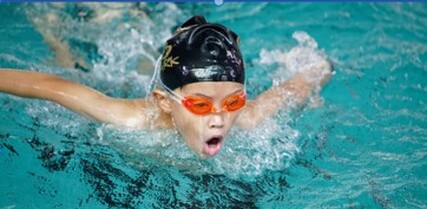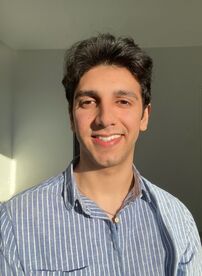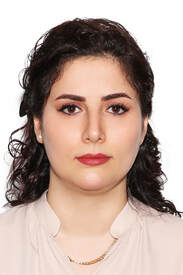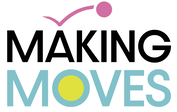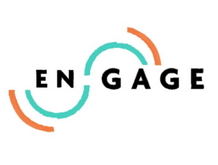Health Behaviours
|
Our health behaviours team recently merged with our nutrition team to deliver interdisciplinary and comprehensive research on health during and after childhood cancer. Our health behaviours research focuses on developing interventions to educate young people with serious illness about their long-term outcomes and to empower them with the resources they need to maintain a healthy lifestyle, including improvement of dietary intake during and after hospitalisation.
|
We have recruited one of the largest cohorts of childhood cancer survivors in the Southern Hemisphere to address critical questions in childhood cancer, for example collecting evidence on long term late effects of chemotherapy. We aim to uncover modifiable risk factors and evaluate interventions which can reduce the burden of illness on young people. Most recently, our team has piloted a new model of care for childhood cancer survivors to address survivor-reported barriers to care (Re-engage) and an exercise intervention (Picasso). We created an Australian first ehealth program to improve fruit and vegetable intake of cancer young survivors. Reboot-Kids aims to reduce the incidence of cardiovascular disease in adult survivors of childhood cancer. Our team also developed a world-first decision aid for improving decision making for parents of children requiring nutrition support in hospital, recognised as a finalist in the SCHN 2018 Quality Awards.
Research team
|
Rachael Bell
Clinical Nurse Consultant Maddie Rhodes
Research Assistant |
Jacqueline Jacovou
Research Assistant Joey Elias
PhD Candidate |
Nick Glasson
Research Assistant Moni Nazari
PhD Candidate |
CURRENT Research studies
|
Making Moves is a nationwide digital program that aims to provide tailored physical activity support to childhood cancer survivors.
|
|
Previous studies
|
Reboot Kids hopes to better support childhood cancer survivors and their families with eating habits after treatment. Read the study here.
This study aims to systematically develop an evidence-based model of best care for the Long Term Follow Up of paediatric cancer survivors. Read the study here.
The PICASSO study aimed to determine cardiovascular fitness among childhood cancer survivors. Read the study here.
iBounce aimed to support young childhood cancer survivors in physical activity using a digital health education program and wearable activity trackers. Read the pilot study here. |
